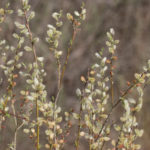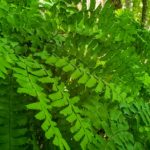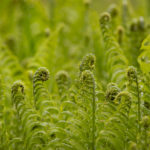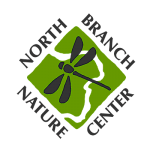Wabanaki Ethnobotany
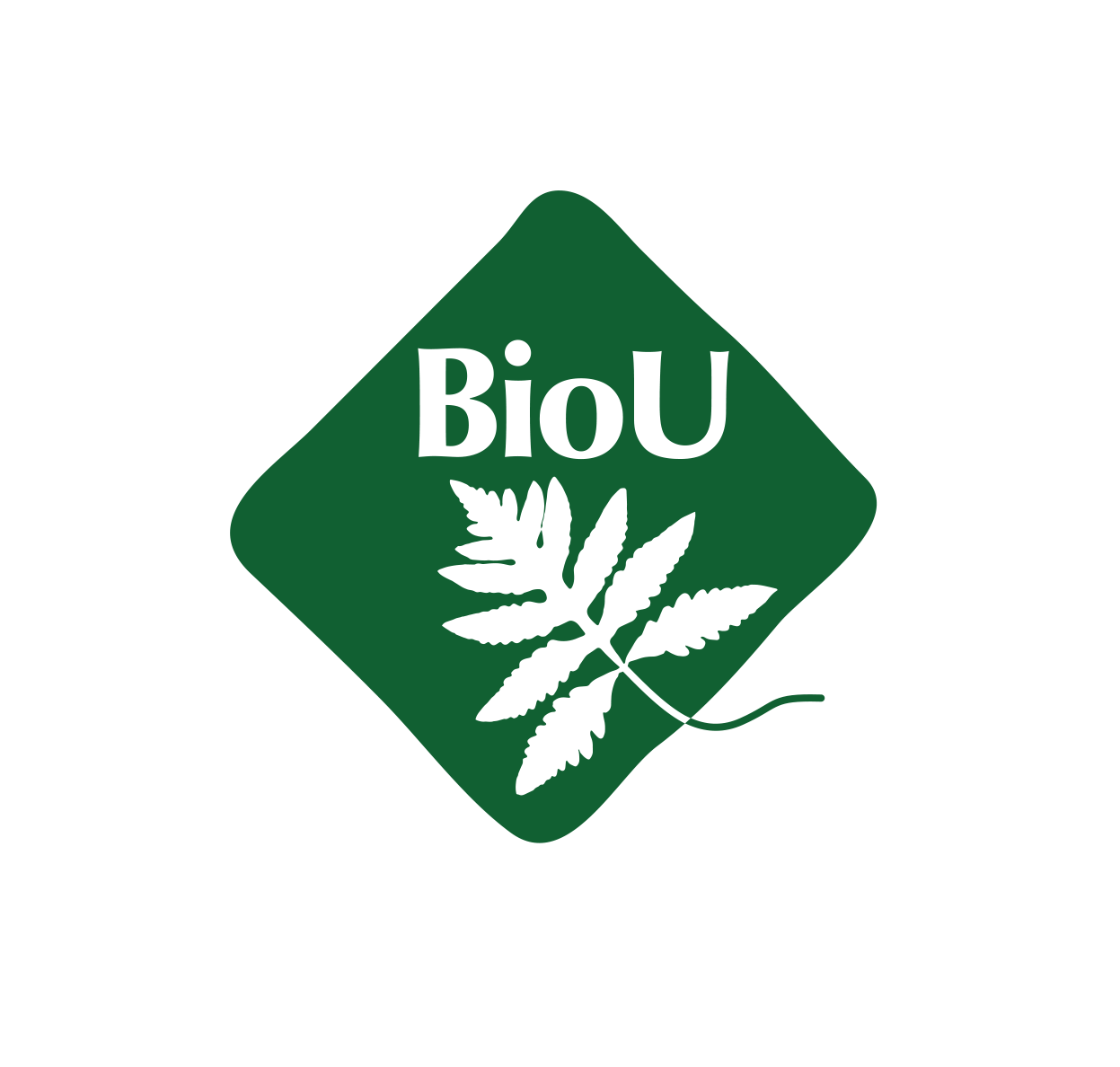
Instructor: Dr. Fred Wiseman
May 21 - 22, 2022 | $265
Course size: 14 students
Please Contact Us to request scholarship assistance
W
abanaki Ethnobotany has been offered for many years including at Johnson State College, the Vermont Center for Integrative Herbalism in Montpelier, and the Vermont Indigenous Heritage Center in Burlington. This course of study is designed to acquaint the student with historic and contemporary herbal medicines, industrial materials, and foods of the Vermont/New Hampshire Abenakis and their Wabanaki neighbors. Using the academic discipline of Ethnobotany, counterbalanced with a Native American perspective, we will explore many facets of the relations of our region's Indigenous and plant communities.
We first introduce the inter-discipline of ethnobotany through both its history and academic paradigm as expressed through both field and lab work in Indigenous North America. We will then consider the nuts and bolts of the origin, development, and contemporary expression of Indigenous agriculture and wild plant use, but also focus on the cultural, ceremonial, and spiritual issues involved with Indigenous craft manufacture, foods, and healing. Such a course as this cannot be taught simply as an academic or intellectual exercise. The legacy of the continual transfer of Indigenous lands, resources, children, material goods, crops and ideas through 18th century conquest, early 20th century genocide and late 20th century appropriation of intellectual property, demands an Indigenous perspective and a balance.
Course Objectives
The goals of the course are to introduce the student to the following elements of ethnobotany. However, we also expect that the student will also achieve an understanding of who the Abenakis and their neighbors are. Elements to be considered include:
-
- Introduction to Native American ethnobotany, the development of the discipline and how it works.
- Concepts pertaining to the plant world such as botanical spirituality, taxonomy/classification, kincentric ecology and relational accountability.
- Wild plant collection and use, listing commonly used species for medicine and industrial use such as canoes or baskets.
- Wabanaki horticulture, including the archaeology and history of crop species, geointensive and biointensive horticultural systems, harvest technology and spirituality and traditional foodways and seed saving.
- Lessons from the indigenous plant world and applications without appropriation.
About the Instructor(s)
Required Reading
Seven Sisters and the Heritage Food Systems of the Wabanaki People and of the Chesapeake Bay Region - Available in the USA from the Ethan Allen Homestead Museum.
Meals
We will provide coffee, tea, and light breakfast fare (pastries, etc.) each morning. Participants should bring their own lunches and snacks.
Timing
Course begins 9 AM on Saturday at North Branch Nature Center. Course begins on Sunday at a time of the instructors' choosing. Course concludes by 5 PM on Sunday.
Academic Credit / Professional Development
This course may qualify for 1 graduate-level credit for an additional $200 course fee. All BioU courses are accredited by Castleton University. Participants interested in receiving credit must contact us at least 2 months in advance so we have time to arrange course accreditation.
It is the student’s responsibility to ensure that home institutions will accept the credit. Participants pursuing academic credit will be required to complete an additional assignment above and beyond the course hours, including literature review, reflective writing, or a field-based project.
This course qualifies for 20 hours of professional development hours and continuing education units. Certificates of completion are provided at the conclusion of the course.
Cancellation Policy
While we realize that unexpected circumstances arise that are out of our control, North Branch Nature Center cannot guarantee refunds for registrations cancelled within 30 days of the course. If a cancellation occurs within this window, NBNC will attempt to fill the space from our wait list and provide a full refund. Exceptions to this policy may be granted in the event that cancellation is due to COVID-19 concerns.
